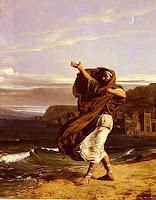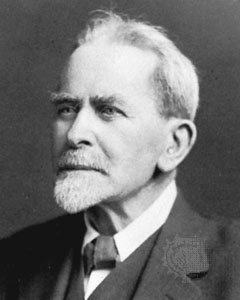 When I ordered Books and the Founding Fathers, I was hoping for a far more comprehensive tome on the books and the Founding Fathers. Still, it proved a good little essay that I would many would read about the importance of literacy on the Founders. There are multiple appendices with useful recommendations for future reading and fragments of the Founders on books.
When I ordered Books and the Founding Fathers, I was hoping for a far more comprehensive tome on the books and the Founding Fathers. Still, it proved a good little essay that I would many would read about the importance of literacy on the Founders. There are multiple appendices with useful recommendations for future reading and fragments of the Founders on books.The following is from the introduction:
Would John Adams have been who he was and done all that he did during our revolution if he had not paced the floors of his room at night declaiming Cicero? Would Thomas Jefferson have been able to pen the soaring language of our Declaration of Independence had he not spent evenings alone with the plays of Shakespeare and the orations of Demosthenes? (p.6)





